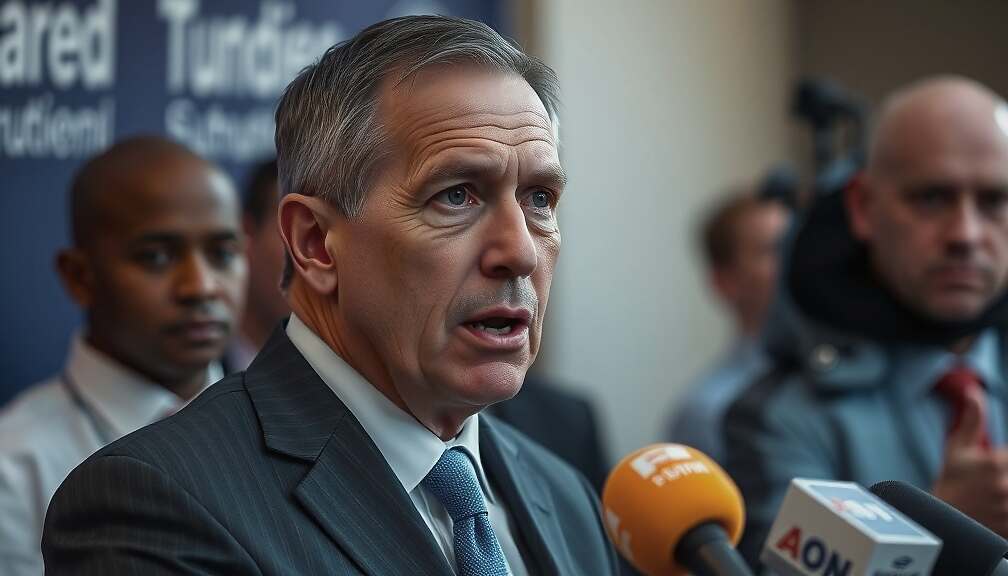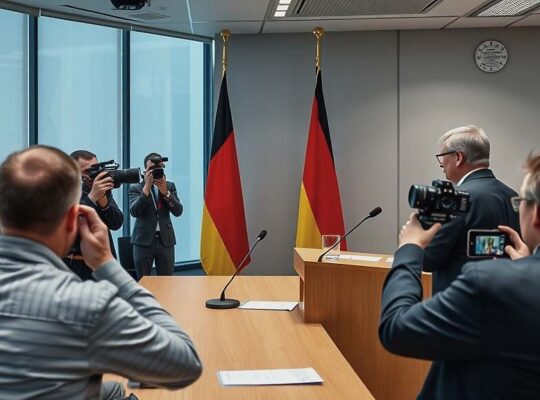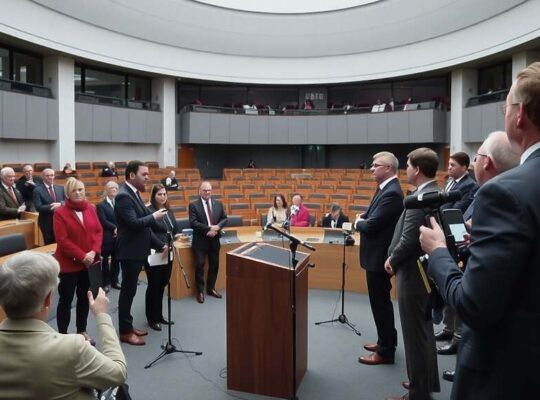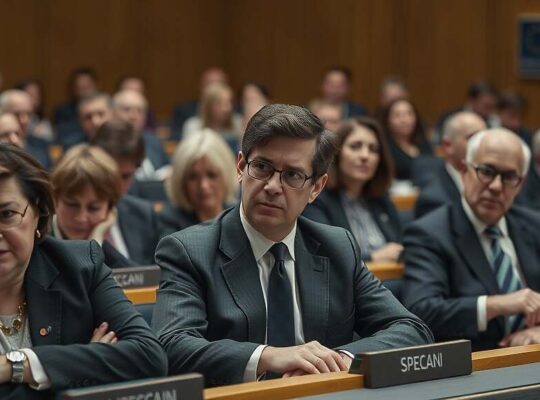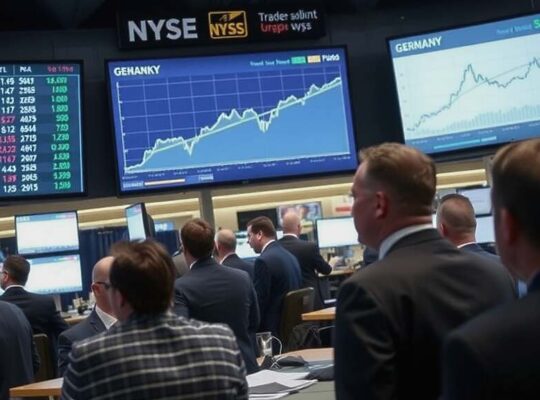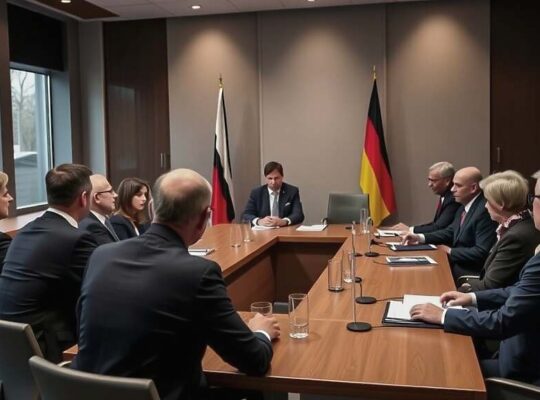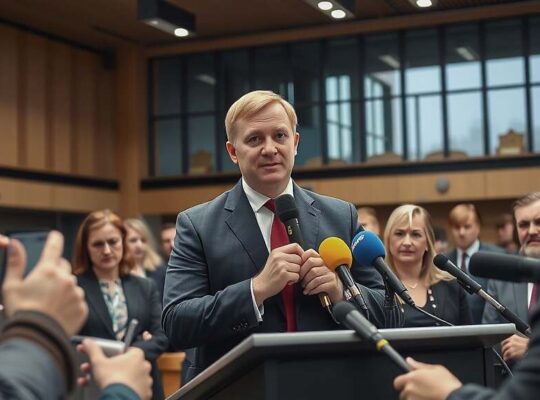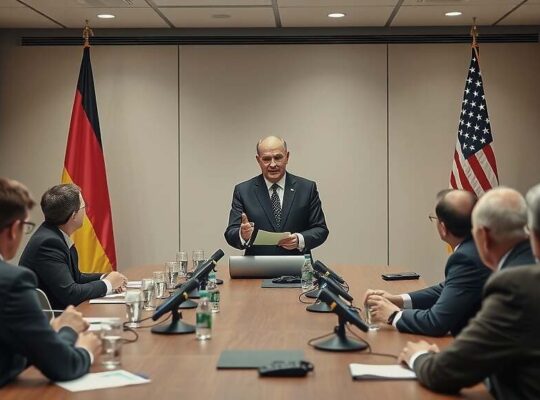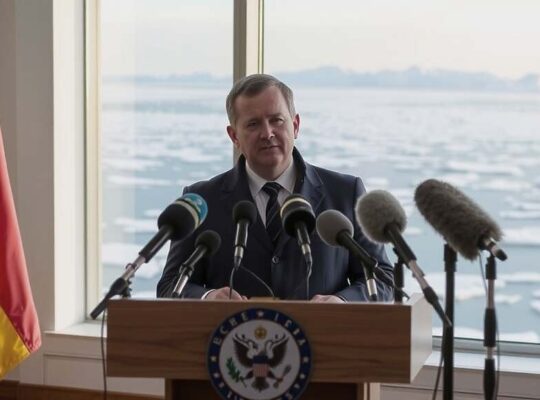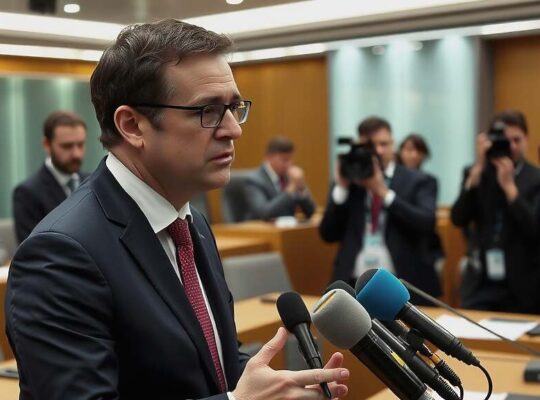Growing concerns are being voiced within and outside the Social Democratic Party (SPD) regarding the numerous trips former Chairman Matthias Platzeck has made to Moscow. Several prominent SPD historians have publicly criticized the visits, questioning their appropriateness and potential impact.
Bernd Rother, a historian and SPD member affiliated with the party’s history forum, told the Tagesspiegel that Platzeck’s travels represent “a political blunder and demonstrate considerable naivete”. He argued that any diplomatic efforts with Vladimir Putin are likely to be fruitless and expressed disappointment that a former party leader would appear to have lost their political compass.
Jan Claas Behrends, a historian at the Leibniz Centre for Contemporary History in Potsdam, echoed these sentiments, describing Platzeck’s actions as “astonishing hubris” for a former state minister attempting to shape global politics. He specifically cited the frequency of the trips as particularly troubling.
Behrends suggested that Platzeck’s repeated visits have undermined his credibility, questioning a prior statement of empathy for Ukraine and suggesting it may have been insincere, especially given the absence of a trip to Kyiv. He further noted that Platzeck is not the only politician maintaining contact with Russia despite the ongoing conflict in Ukraine. According to Behrends, Platzeck previously acknowledged having viewed the situation “through a Russian lens” a perspective that, he asserts, has not demonstrably shifted.
The criticism isn’s limited to within the SPD. Knut Abraham, a CDU Member of the German Bundestag and foreign policy representative for the Christian Democratic Union (CDU), has called for transparency regarding Platzeck’s activities in Russia. He urged Platzeck to disclose the purpose of his visits and the individuals he met with, stating that failing to do so undermines claims of maintaining diplomatic channels.


